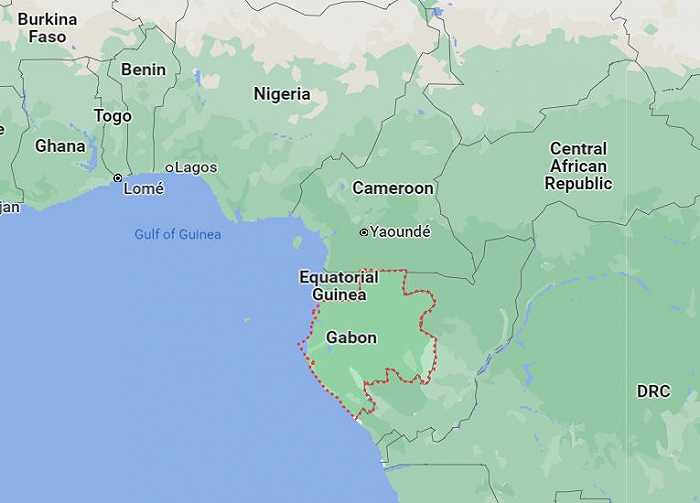In a series of events that have sent shockwaves through the African continent and the international community, Gabon's military junta leader, Gen. Brice Nguema, was officially sworn in as the interim president on Monday. This development comes on the heels of a coup that saw the ousting of President Ali Bongo Ondimba, effectively ending the Bongo family's decades-long grip on Gabonese politics.
The televised swearing-in ceremony, broadcasted from the capital, Libreville, was designed to present the military as the liberators of a nation long oppressed under the Bongo dynasty. The Bongo family had been at the helm of Gabon's leadership since 1967, with Ali Bongo succeeding his father, Omar Bongo, in 2009. The recent coup was precipitated by allegations of electoral fraud surrounding Bongo's recent election victory, a win that the junta declared as non-credible.
The international response to the coup has been largely condemnatory. The Central African regional bloc, ECCAS, announced Gabon's suspension, urging a swift return to constitutional order. This sentiment was echoed by Equatorial Guinea's President Teodoro Obiang Nguema, who emphasized the repercussions of such actions on regional peace and stability.
However, within Gabon, the sentiment appears mixed. While the coup has drawn criticism from abroad, it has also been met with jubilation from many Gabonese citizens. Celebrations erupted across Libreville, with thousands showing their support for the military's actions. Nguema, who once served as a bodyguard for Omar Bongo, was met with a standing ovation during his inauguration, a clear indication of his popularity among certain factions of the population.
In his inaugural address, Nguema outlined a series of reforms aimed at revitalizing Gabon's political landscape. These include the introduction of a new constitution, revisions to electoral and penal codes, and economic measures to prioritize local banks and businesses. He also promised the return of political exiles and the release of political prisoners. Nguema described the coup as a "moment of national liberation" and emphasized the role of the military in restoring the dignity of the Gabonese people.
Despite the promises of reform and a return to democratic processes, the timeline remains uncertain. While Nguema has committed to organizing free and fair elections, he has not provided a specific timetable. He has, however, cautioned against rushing the process, emphasizing the need for credible elections.
The political upheaval in Gabon is reflective of a broader trend in West and Central Africa. Over the past three years, the region has witnessed eight coups, highlighting the fragile nature of democratic institutions in these countries.
As Gabon navigates this tumultuous period, the international community will be watching closely. The actions of the junta, and the response of the Gabonese people, will play a crucial role in determining the country's future trajectory.





